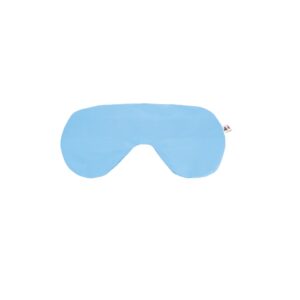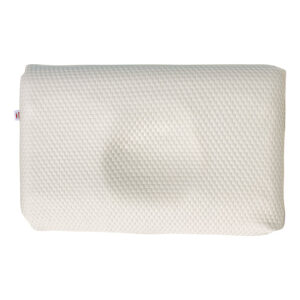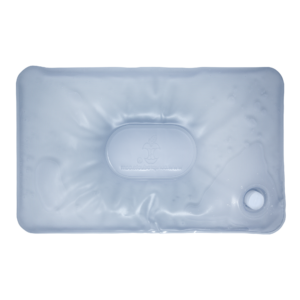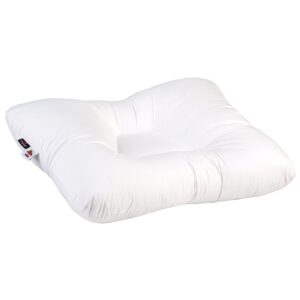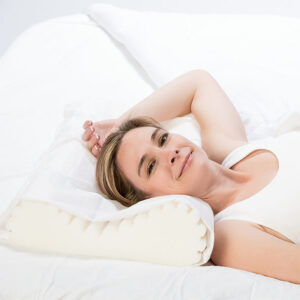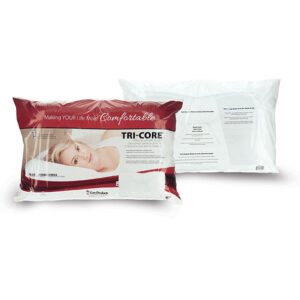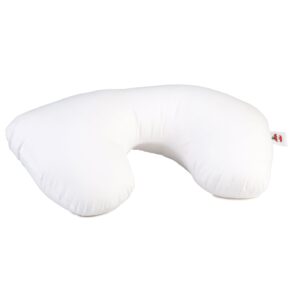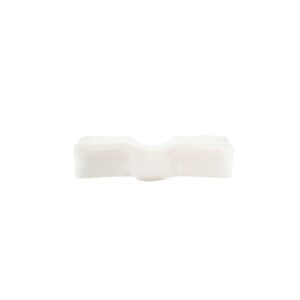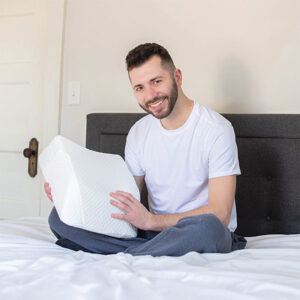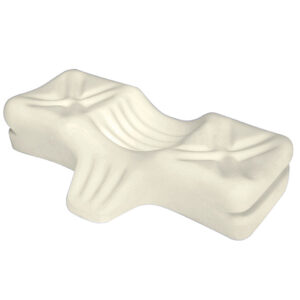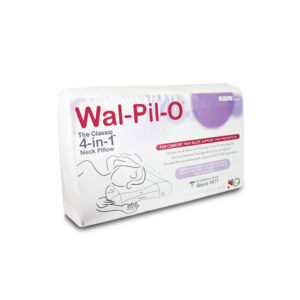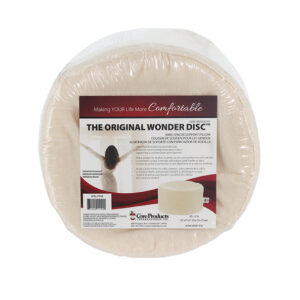Pillows and Cushions
- Pillows and Cushions
Frequently Asked Questions
How does the choice of a sleeping pillow impact musculoskeletal health?
Physical therapists emphasize the importance of selecting an appropriate sleeping pillow as it significantly influences musculoskeletal health. The right pillow supports the natural alignment of the spine, neck, and head during sleep, helping to prevent or alleviate issues like neck pain and stiffness. An ideal sleeping pillow maintains a neutral spine position, reducing strain on muscles and ligaments. Cervical pillows, specifically designed to support the neck’s natural curve, can be beneficial for those with neck pain or conditions like cervical spondylosis. In contrast, an improper pillow may contribute to poor posture, leading to discomfort and potentially exacerbating existing musculoskeletal problems.
What role do water pillows play in promoting spinal health?
Water pillows are designed to provide dynamic support by adjusting to the contours of the head and neck. Physical therapists often recommend water pillows for individuals with varying sleep preferences and specific musculoskeletal conditions. The water chamber allows users to customize the pillow’s firmness and height, promoting optimal spinal alignment. This adaptability can be particularly advantageous for those with cervical spine issues or disc-related problems. The buoyancy of water pillows helps distribute pressure evenly, reducing the risk of developing pressure points that can contribute to discomfort or pain. However, it’s crucial to monitor water levels to ensure consistent support and maintain proper spinal alignment.
How can pillows contribute to alleviating or preventing headaches and migraines?
Pillows play a crucial role in managing headaches and migraines, and physical therapists often explore pillow selection as part of a holistic approach to headache prevention. Cervical pillows, designed to support the natural curvature of the neck, can help reduce tension and strain on neck muscles, which may contribute to headaches. Additionally, pillows with memory foam or other supportive materials can contour to the head, providing optimal support and comfort. It’s essential to choose a pillow that complements individual sleep preferences and addresses any underlying musculoskeletal issues contributing to headaches. By promoting proper alignment and minimizing unnecessary pressure, the right pillow can contribute significantly to headache prevention and relief.
What considerations should be taken into account when choosing a pillow for individuals with respiratory conditions?
Individuals with respiratory conditions, such as asthma or sleep apnea, should carefully consider their pillow choices to optimize respiratory function during sleep. Physical therapists often advise against pillows that elevate the head excessively, as this can lead to airway constriction and breathing difficulties. Instead, they recommend pillows that support a neutral spine position, promoting unobstructed airflow. Adjustable pillows, like those with customizable loft or incline options, are often beneficial for accommodating individual comfort needs without compromising respiratory health. Additionally, hypoallergenic pillow materials can be essential in preventing allergen accumulation, creating a healthier sleep environment for individuals with respiratory conditions.
How can the choice of a cushion impact posture and comfort during sitting?
Physical therapists recognize the significance of cushions in maintaining proper posture and comfort, especially for individuals who spend extended periods sitting. The right cushion can help distribute body weight evenly, reducing pressure on the spine and supporting a more ergonomic sitting position. For those with lower back pain or coccyx issues, cushions with coccyx cutouts or contours can provide targeted relief and prevent discomfort. Memory foam cushions are often recommended for their ability to conform to the body’s shape, promoting a supportive and comfortable sitting experience. It’s crucial to choose cushions that match the chair’s dimensions and provide adequate support to prevent slouching, which can contribute to poor posture and musculoskeletal strain.

